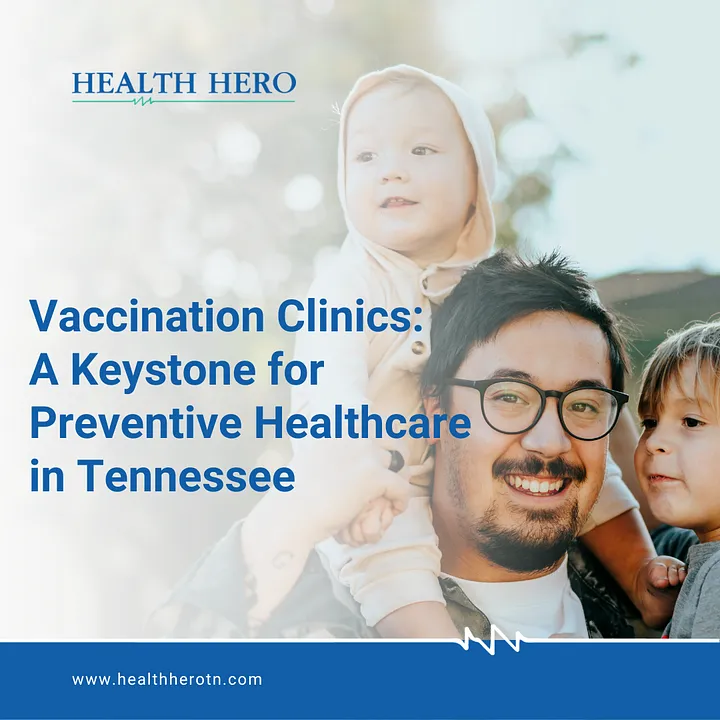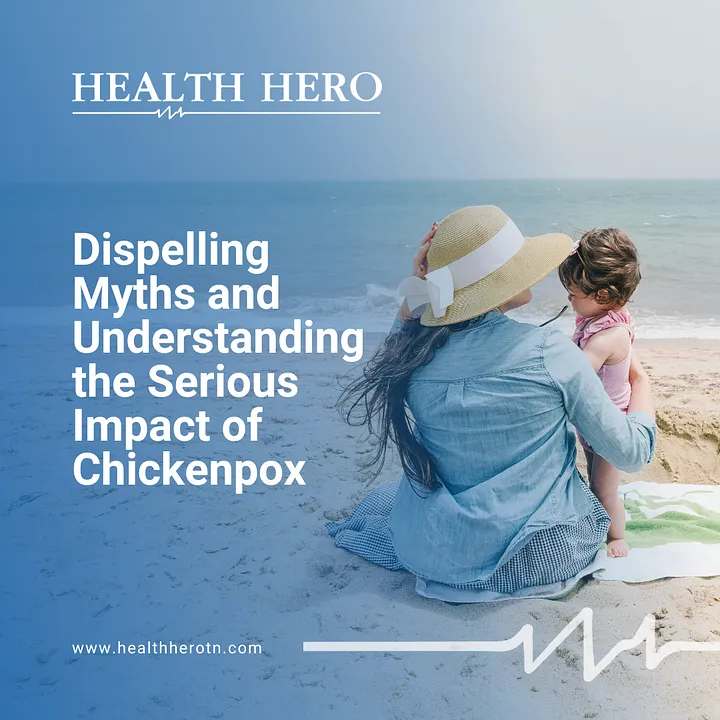Vaccinations have significantly influenced public health throughout history, playing a crucial role in preventing the spread of infectious diseases and saving countless lives. From the early development of smallpox inoculations to the modern complexity of vaccine technology, the evolution of vaccinations showcases scientific advancements and human innovation. Examining why vaccinations are paramount in safeguarding global health, this exploration delves into the historical significance and ongoing importance of vaccines in protecting individuals and communities worldwide. Stay tuned for a comprehensive journey through the evolution of vaccinations, shedding light on their undeniable benefits and critical role in public health.
A Historical Overview of Vaccinations
The Early Beginnings
The inception of vaccinations can be traced back to ancient practices, but a significant early development occurred in 1796 when Edward Jenner introduced the smallpox vaccine. Jenner observed that milkmaids who previously caught cowpox did not catch smallpox. Utilizing this insight, he successfully inoculated an eight-year-old boy with material from cowpox lesions and demonstrated immunity to smallpox. This pioneering work laid the foundation for the concept of vaccinations. It was a simple yet profound idea: expose the body to a less dangerous pathogen to build immunity against a more severe one. Before Jenner’s discovery, variolation was practiced to expose individuals to smallpox virus material to induce a mild infection. However, Jenner’s method proved safer and more effective, eventually eradicating smallpox centuries later.
Major Breakthroughs in Vaccination Science
Following Jenner’s smallpox vaccine, the 19th century witnessed several breakthroughs in vaccination science. Louis Pasteur’s work in the 1880s introduced the term “vaccine” and expanded the concept beyond smallpox. Pasteur developed the first vaccines for rabies and anthrax, demonstrating that weakened forms of bacteria could be used to induce immunity. These discoveries were vital in understanding that the principle of vaccination could be applied to various infectious diseases. Another significant advance was the development of the Bacillus Calmette-Guérin (BCG) vaccine in the 1920s, which protected against tuberculosis. Moreover, establishing vaccine production techniques, such as using chicken eggs to grow viruses for influenza vaccines, was also a pivotal moment in vaccination history. These scientific achievements improved the effectiveness of vaccines and made mass production and widespread immunization possible.
Vaccination Milestones of the 20th Century
Remarkable milestones in the field of vaccinations marked the 20th century. One of the most significant achievements was the development of the polio vaccine by Jonas Salk in the 1950s. The introduction of this vaccine dramatically reduced the incidence of poliomyelitis, a disease that had caused widespread fear and paralysis in children. Subsequent developments by Albert Sabin regarding the oral polio vaccine further facilitated the distribution and administration of the polio vaccine globally. Another critical advance was the development of the measles, mumps, and rubella (MMR) vaccine, which provided comprehensive protection against three major childhood diseases. These vaccines significantly decreased the number of cases and prevented many deaths and complications associated with these diseases. The latter part of the century also saw the introduction of hepatitis B and Haemophilus influenzae type B (Hib) vaccines, further showcasing the growing capabilities of vaccine science to combat infectious diseases.
Contemporary Advances and Challenges
In recent years, vaccine development has accelerated with cutting-edge technology. Genetic engineering has led to the creation of recombinant vaccines, like the human papillomavirus (HPV) vaccine, which targets viruses that cause cancer. The rapid response to the COVID-19 pandemic highlighted the potential of mRNA vaccines, a transformative approach that instructs cells to produce a protein that triggers an immune response. This technology promises to revolutionize vaccination against a wide array of diseases.
Amid these advances, challenges persist. Vaccine hesitancy, fueled by misinformation and distrust, undermines public health efforts. Moreover, the complexity of distributing vaccines globally, especially in low-resource settings, highlights inequities in healthcare. Researchers also face continual challenges in developing vaccines that address evolving pathogens, such as antibiotic-resistant bacteria and emerging viruses. Ensuring vaccines’ safety, efficacy, and accessibility remains paramount in protecting global health.
The Critical Role of Vaccinations in Public Health
Vaccinations profoundly impact public health. They protect individuals from potentially life-threatening diseases and contribute to the broader concept of herd immunity. This indirect protection occurs when a large percentage of a population becomes immune to an infectious disease, thereby reducing its spread. Vaccinations can prevent outbreaks and protect those who cannot receive vaccines due to medical reasons.
The eradication of smallpox and the near-elimination of diseases like polio and measles in various parts of the world demonstrate the power of effective vaccination programs. Furthermore, routine immunizations of children have drastically reduced the incidence of once-common childhood illnesses, saving millions of lives. In the face of emerging health threats, vaccinations’ role in maintaining public health is more critical than ever. They are a key defense mechanism against the spread of infectious diseases and are essential in the ongoing effort to ensure global health security.









